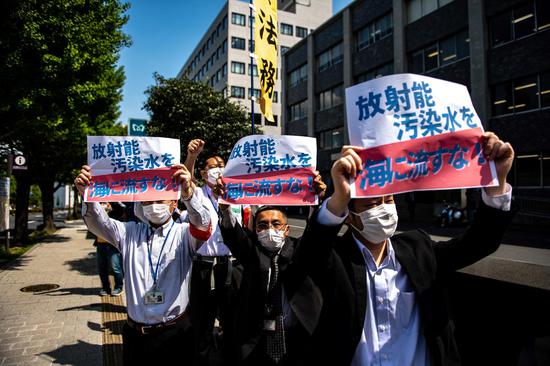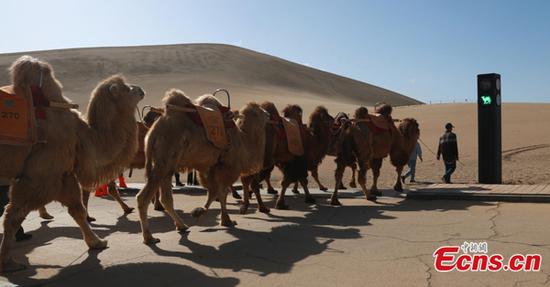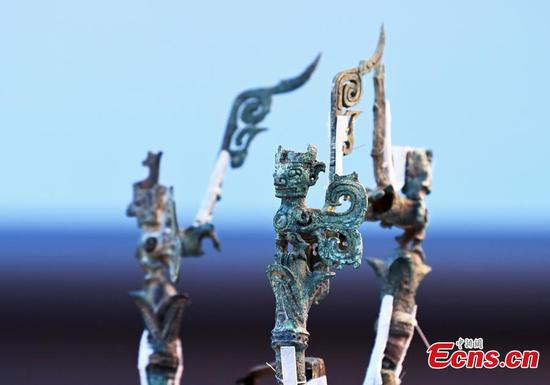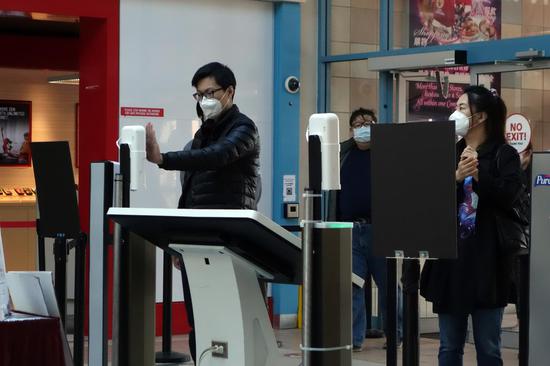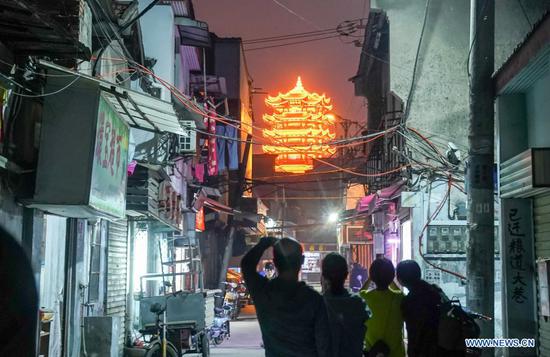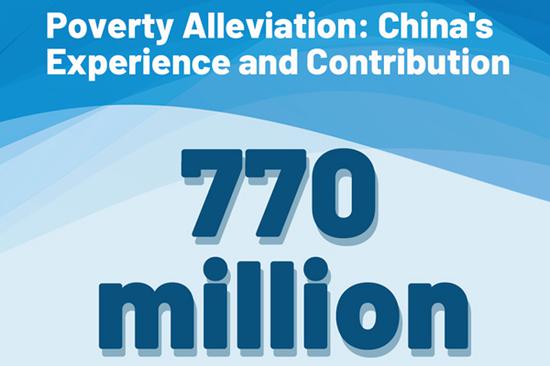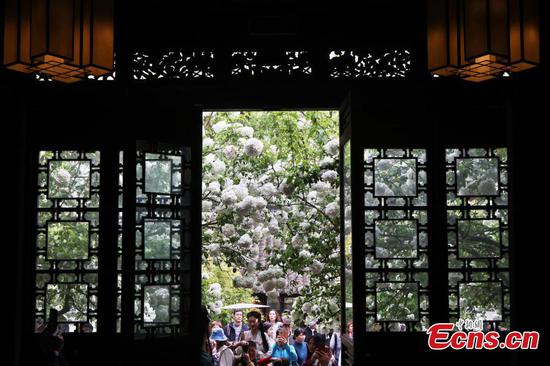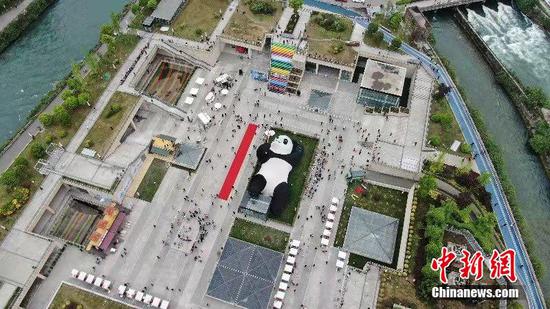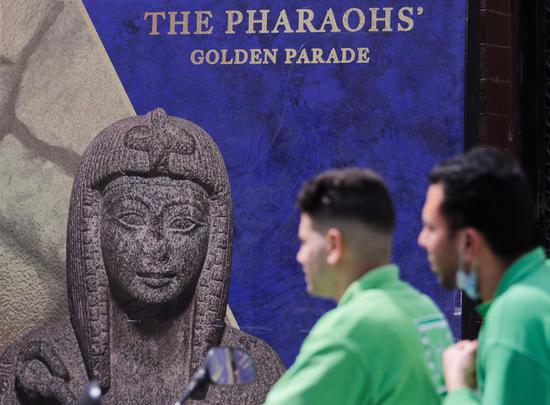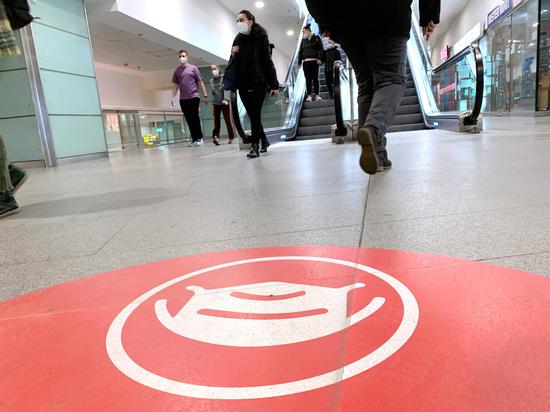
Nilufer Gheyret (R) talks with a Xinjiang migrant worker of the Tajik ethnic group at a workshop in south China's Guangdong Province, Sept. 15, 2020. (Photo by Chen Ning/Xinhua)
Lie No. 2: Xinjiang workers are subject to constant surveillance and have little freedom of movement.
Fact check: According to the research article by the Xinjiang scholars, the Xinjiang workers sometimes go to halal restaurants and barbecue shops near their factories after finishing work.
Some of the workers say they usually take a bus on weekends and holidays to nearby shopping malls, tourist attractions and amusement parks.
Lie No. 3: Xinjiang workers are paid less than their Han counterparts.
Fact check: The surveyed Xinjiang workers enjoy the same rights as their colleagues from the Han ethnic group in terms of wages. They earn some 49,500 yuan (about 7,548 U.S. dollars) to 71,500 yuan a year.

Nilufer Gheyret (R, front) talks with a Xinjiang migrant worker of the Kirgiz ethnic group at a workshop in south China's Guangdong Province, Sept. 15, 2020. (Photo by Chen Ning/Xinhua)
Lie No. 4: Many Xinjiang workers lead a harsh, segregated life in factories across China.
According to the surveyed Xinjiang workers, all their employers have provided free accommodation, dormitory rooms shared by two or four persons and equipped with showers, air-conditioners, and washing machines, among others. For couples, free or low-rent housing is also provided by the employers.
The interviewees expressed satisfaction with their current lives in Guangdong as they have significantly increased their earnings, improved their work skills and found better educational resources for their kids. Some said they have already saved enough money to start up their own businesses in their hometowns in Xinjiang.
"There are celebrations in the factory for holidays like the New Year. We join the celebrations and other events such as basketball and tug-of-war games," said a Uygur worker.
Lie No. 5: Xinjiang workers are forbidden from participating in religious practices.
Fact check: According to the interviewed Xinjiang workers, their freedom of religion and rights to use their own ethnic languages are well protected.
The workers said their factories hire special cooks to provide halal food, and some factory canteens offer menus written in Mandarin and their own ethnic languages.
They also said the factories would hold festive activities for traditional festivals of Xinjiang ethnic minority groups, such as the Corban Festival.
"During last Corban Festival, our factory offered us 5,000 yuan. We bought and slaughtered three sheep and prepared a big meal. We felt really happy," said another Uygur worker.









